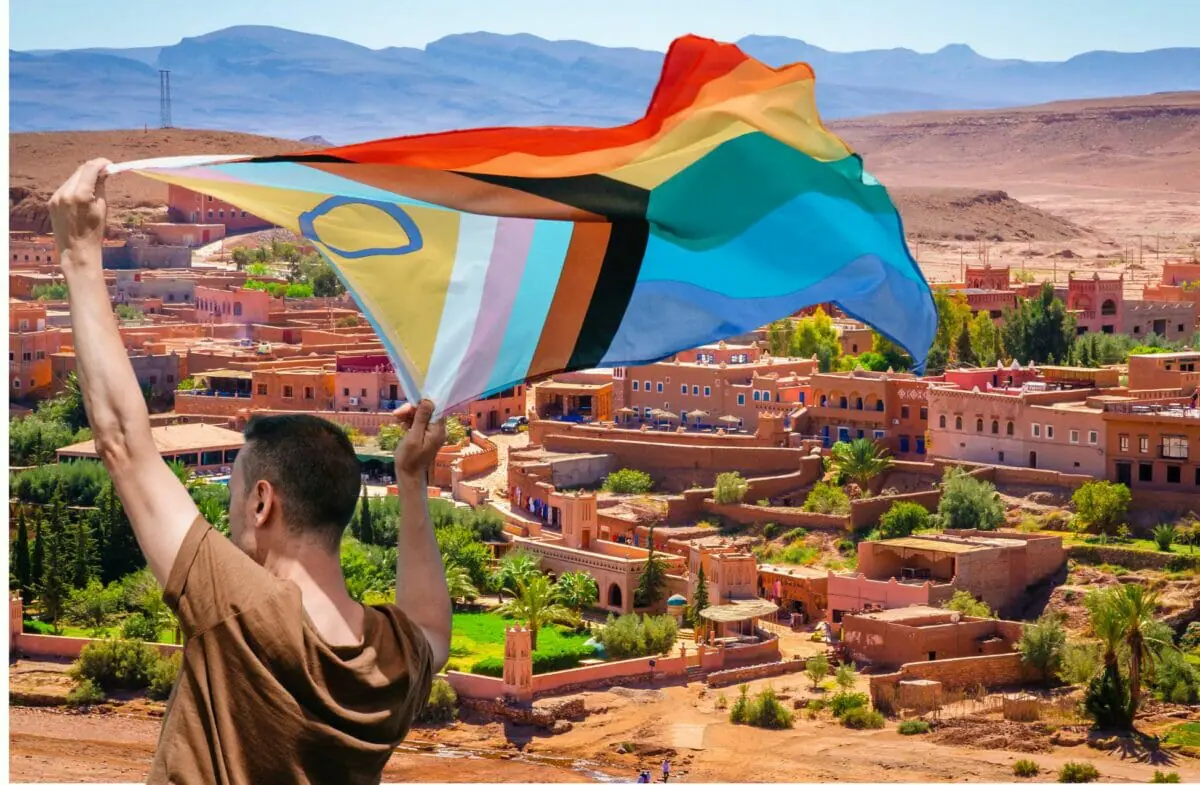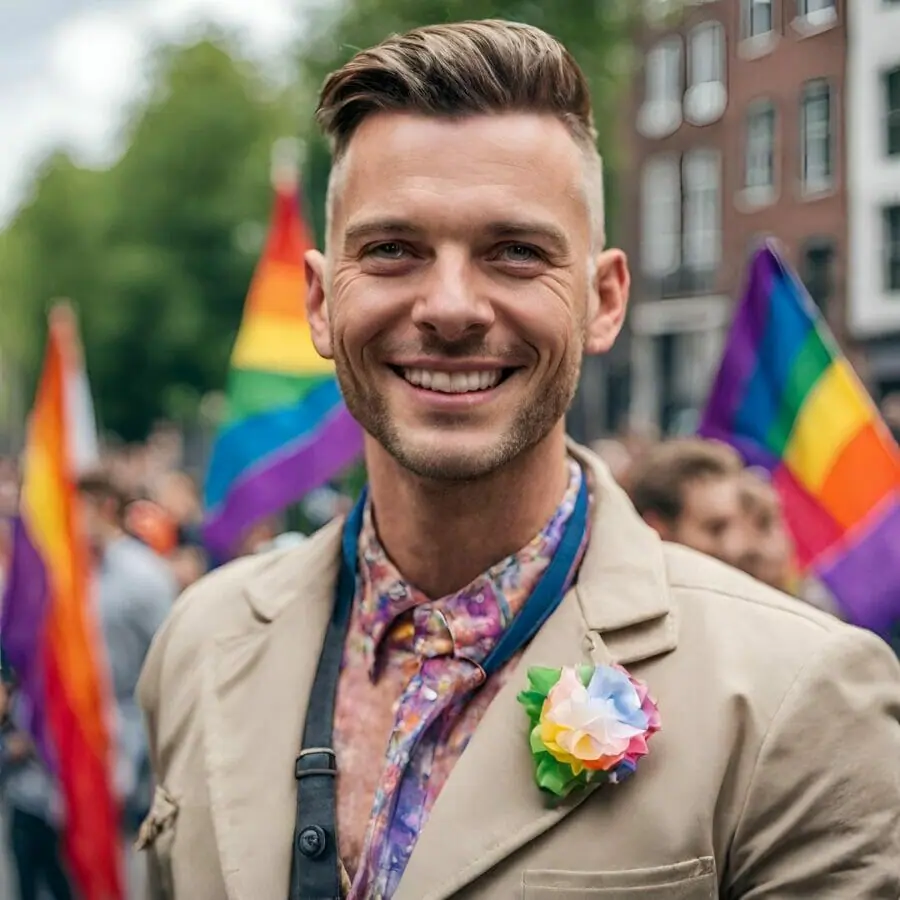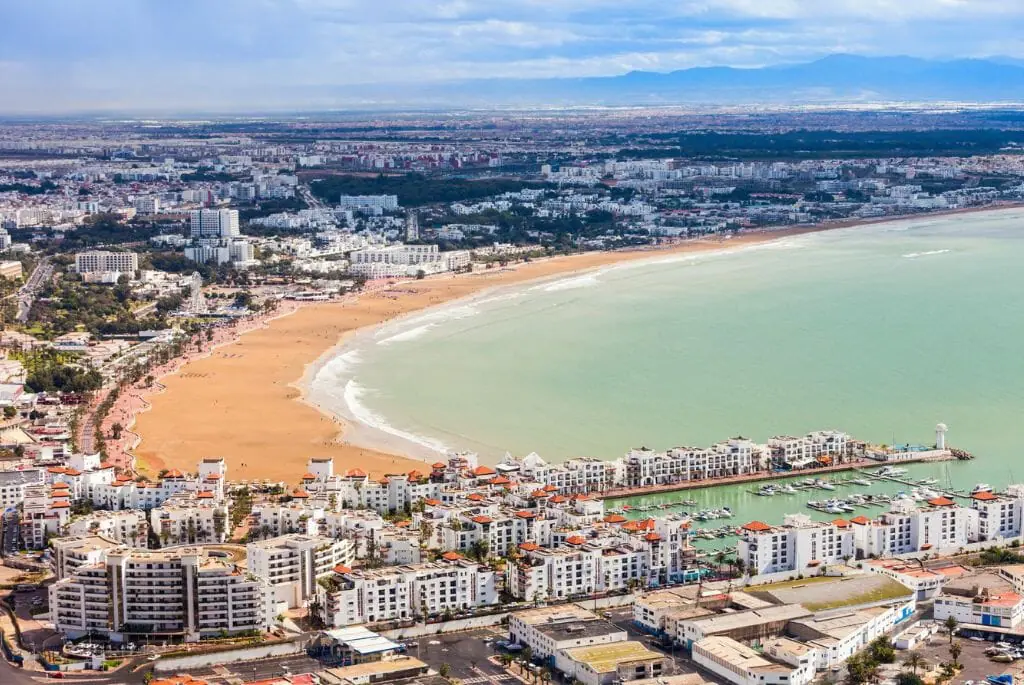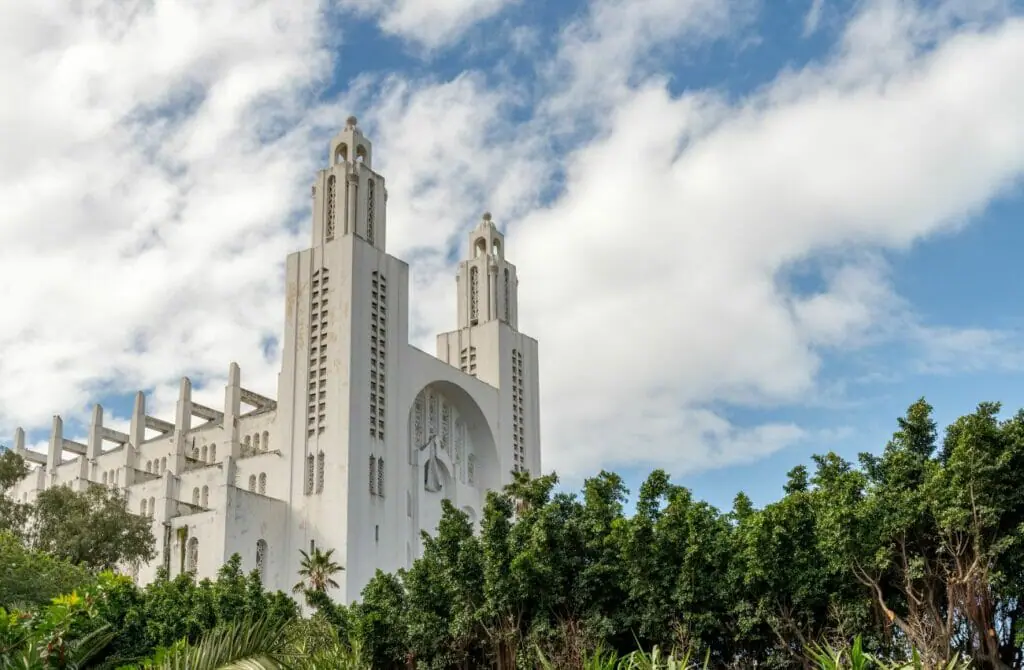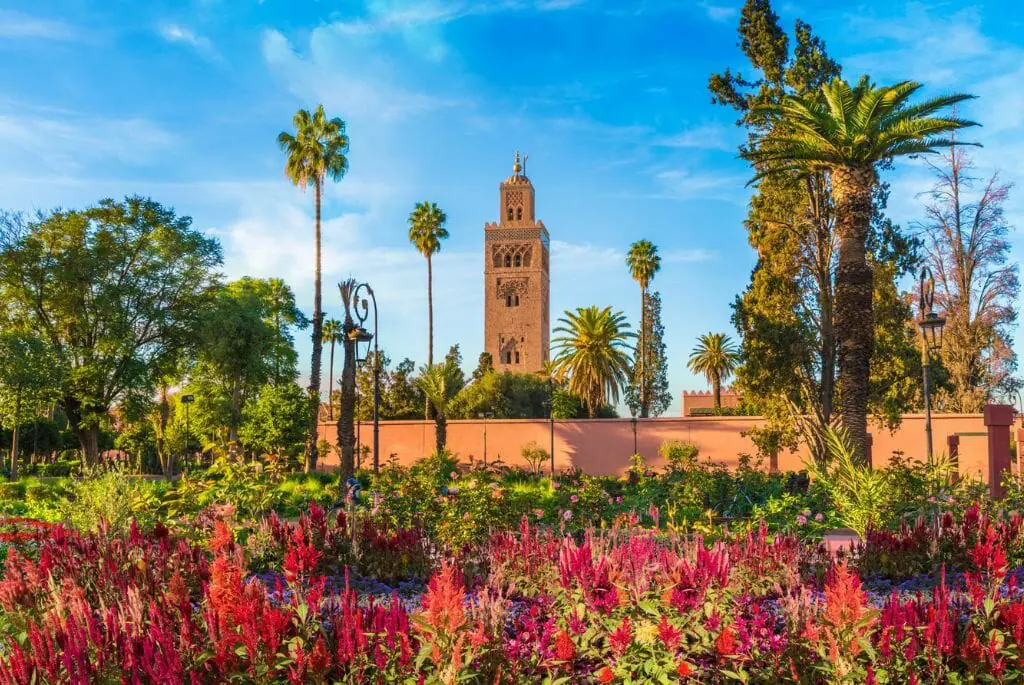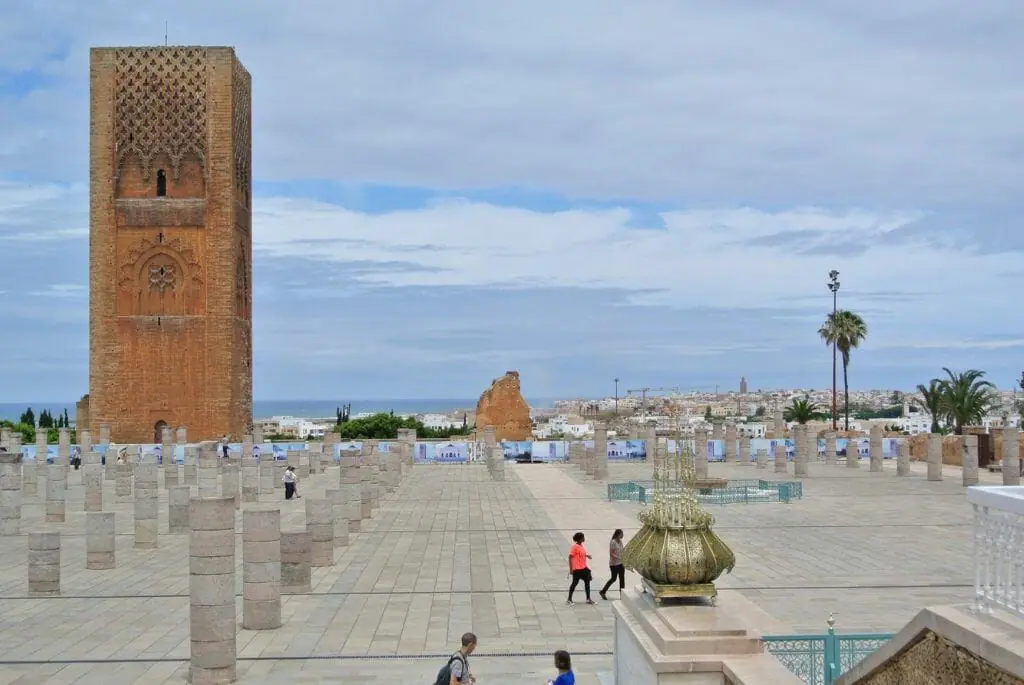Ah, Morocco! Land of hypnotic souks, timeless kasbahs, and sun-kissed Saharan dunes. As you dream of meandering through the labyrinthine alleys of Marrakech or sipping mint tea atop the Riads of Fes, the allure of this North African gem is undeniable. Gay Morocco, however, unfolds a layered narrative where the warm embrace of its landscapes sometimes contrasts starkly with the chill of its societal norms.
The political tapestry of Morocco remains woven with traditional threads, with Islam playing a defining role in shaping its legal and societal frameworks. For LGBTQ+ travelers, understanding this context is vital. Homosexuality is criminalized in Morocco, with penalties ranging from fines to prison sentences. While these laws are sporadically enforced, their very existence empowers discrimination and potential danger, especially in rural areas or less cosmopolitan cities.
Yet, the glimmers of Gay Morocco’s nightlife can be found if you know where to look, especially in places like Marrakech and Casablanca. These cities, with their blend of modernity and tradition, harbor underground LGBTQ+ scenes where local communities have found discreet ways to express themselves and connect. However, these spaces, often concealed from the public eye, require trusted local knowledge to navigate safely.
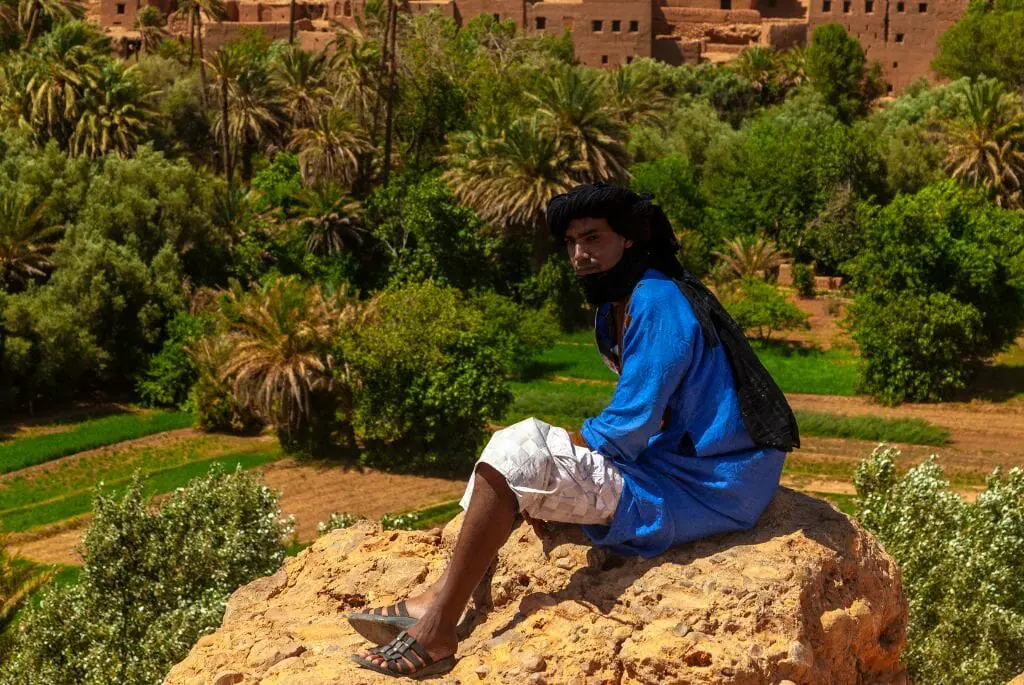
The lived experiences of Morocco’s queer citizens vary widely. While many face societal pressure, discrimination, and the constant threat of legal repercussions, resilient pockets of the community continue to advocate for change, seeking both local acceptance and broader rights. Their stories, marked by courage and resilience, serve as a poignant reminder of the vast differences in freedoms and acceptance that LGBTQ+ communities face worldwide.
In embarking on the journey to understand and experience Gay Morocco, we firmly believe that travel fosters cultural exchange and bridges understanding. Yet, safety must remain paramount. If you, dear traveler, are unwilling or unable to mask certain aspects of your identity, or if adjusting behaviors for your protection feels too onerous, this destination might pose significant risks.
Let the magnetic pull of Morocco beckon, but always with eyes wide open, understanding both its beauty and its challenges. Remember, our goal is to traverse the globe safely, spreading pride and understanding, but without compromising our true selves. Safe journeys, wherever they may lead.
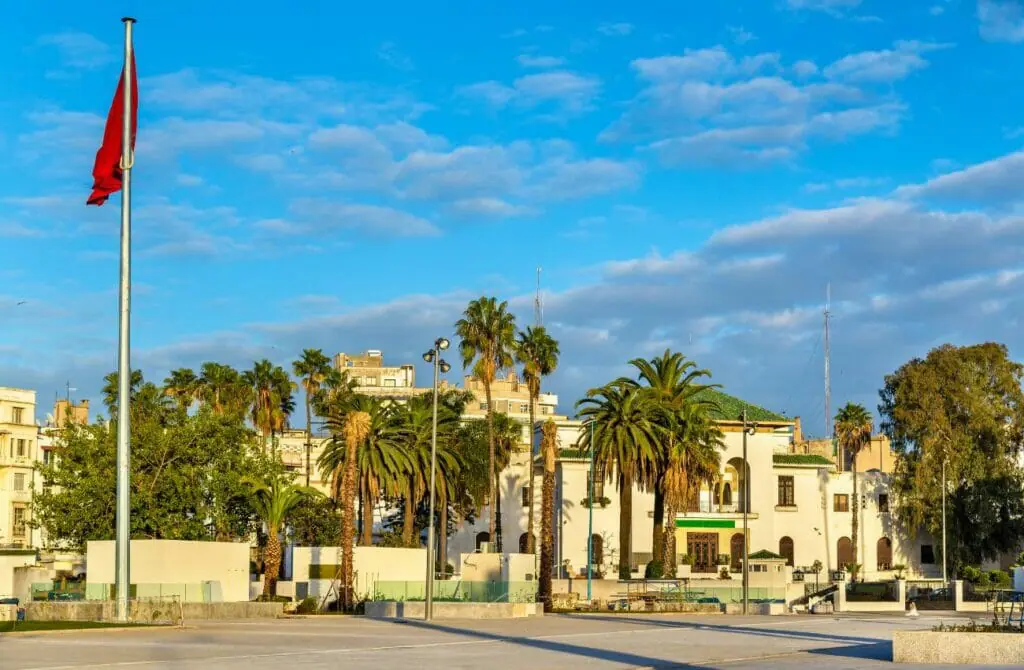

History Of LGBT Rights In Morocco
Morocco is a country with a rich and complex history when it comes to LGBT rights. As a travel writer with a keen interest in the subject, it’s important to understand the challenges faced by both the local population and tourists visiting the country.
LGBT rights in Morocco have historically been minimal, with policies regarding the topic rarely discussed by major or minor political parties. The criminalization of homosexuality does not comply with Morocco’s 2011 Constitution, and organizations like Human Rights Watch have called for legal reform. The dialogue around LGBT rights in Morocco has been scarce, and there has been no official legislative change implemented.
For local LGBT individuals, the situation remains tough, with many facing discrimination, social stigmatization, and even violence. The emergence of social media initially provided some hope for increased visibility and interaction; however, recent actions by public figures have resulted in a backlash against the community, making social media a riskier space for LGBT Moroccans.
When it comes to tourists visiting Morocco, the risks are generally lower, but caution is still necessary. Although the legal situation surrounding LGBT rights might not be as concrete, travelers should remember that social attitudes may differ from their home countries. It’s important to be respectful of local customs and expectations while remaining vigilant in public.
In order to protect oneself, travelers should be cautious when using dating apps or engaging in conversations about LGBT rights that could potentially jeopardize one’s safety. It’s always crucial to seek out and connect with local resources, such as NGOs or community groups, that can offer support and guidance in case of an emergency.
However, as situations can change rapidly, information may become outdated. Always seek current advice before traveling to any destination and maintain a level of awareness when navigating unfamiliar terrain. Morocco is a beautiful and diverse country with much to offer, but understanding the legal and social complexities surrounding LGBT rights is critical to ensuring a safe and enjoyable experience.
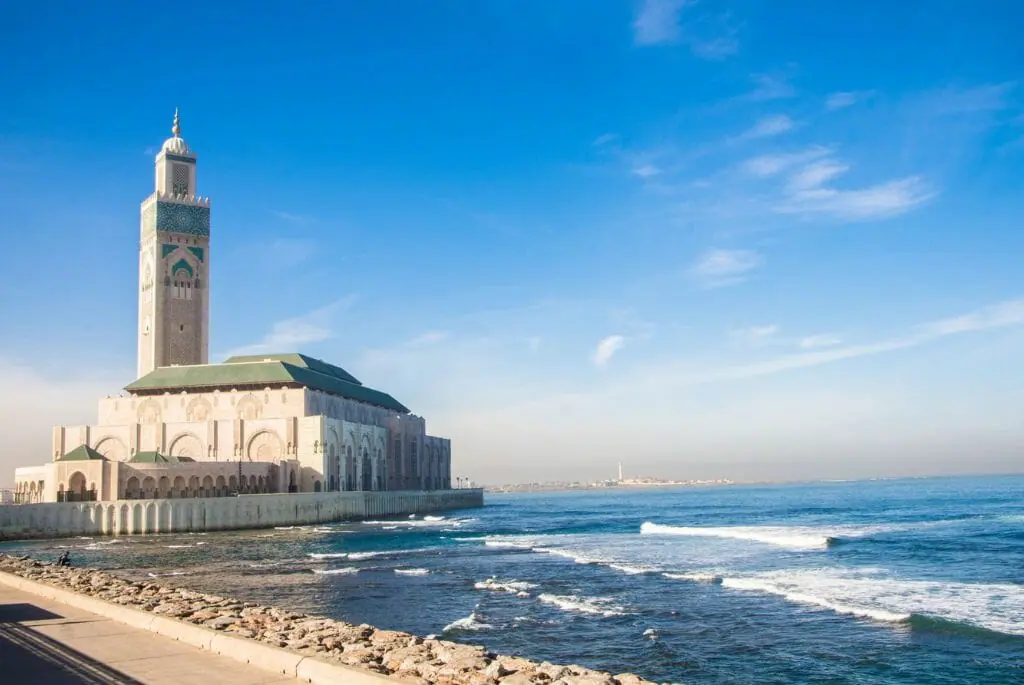
The LGBT Current Situation In Morocco
In Morocco, the LGBT community faces numerous challenges due to a combination of legal restrictions and cultural norms. Homosexuality is illegal and punishable by imprisonment in the country. There are no laws protecting against discrimination based on sexual orientation or gender identity, and same-sex marriage is not recognized. Despite these restrictions, the situation for tourists and locals can differ significantly.
I want to emphasize that while travelers may experience more leniency in overcoming social barriers, local Moroccan LGBT individuals often struggle to find acceptance within their communities. Tourism is a major source of income for Morocco, and the authorities are generally more tolerant towards tourists’ behavior. But bear in mind that homosexual acts are still illegal, and travelers should exercise caution and be mindful of the cultural norms.
It is vital for LGBT travelers to prioritize their safety during their stay in Morocco. Some practical steps can be taken to avoid potential threats or uncomfortable situations. For instance, avoid public displays of affection, dressing in a gender-nonconforming manner, or engaging in deep conversations on LGBT topics with locals who might not be understanding or supportive.
Responsible travel planning involves staying up-to-date with the latest developments. Situations can change rapidly, and information can become outdated quickly. Before embarking on your journey, seek current advice from reputable sources on LGBT rights and the local atmosphere in the cities or towns you plan to visit.
Remember, every country has its share of bad actors. Morocco is no exception. Always remain vigilant and prioritize your safety and well-being. Keep a low profile, respect the local customs, and avoid attracting unwanted attention during your stay.
Morocco offers a rich cultural experience for travelers, but it’s essential to remain aware of the limitations that the LGBT community experiences, both locally and on a tourist level. By being informed, cautious, and respectful, you can navigate your way through this fascinating country and create an enriching travel experience.
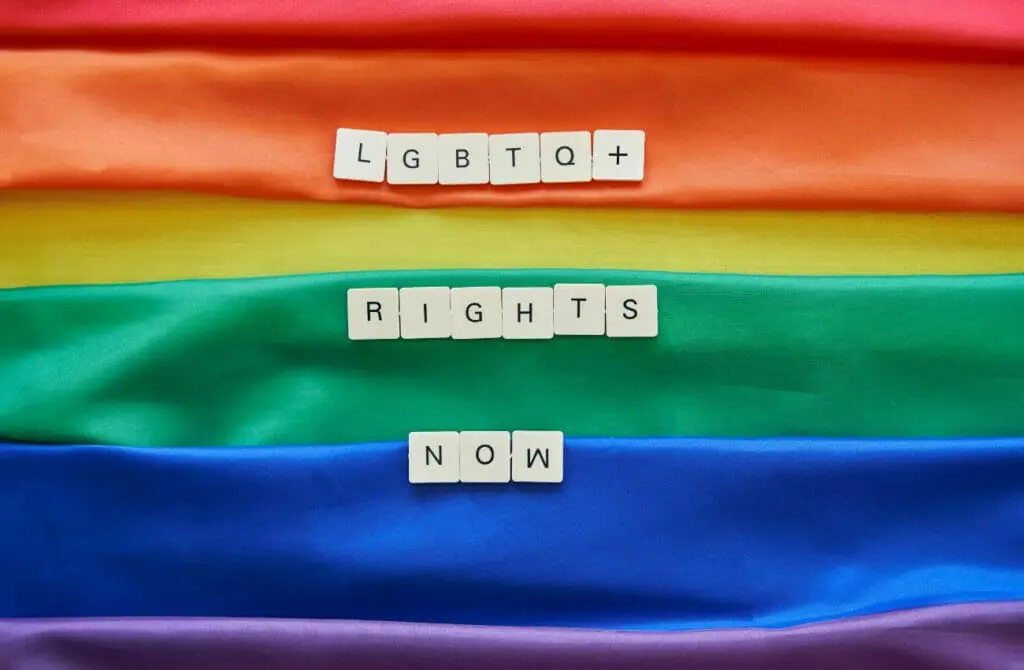

The Future For The Queer Community In Morocco
It is important to understand the differences in how LGBT rights affect local Moroccans and visiting tourists. Although homosexuality remains illegal in the country, the way it impacts the daily lives of locals and tourists can vary significantly.
Local LGBT individuals face a much tougher situation, as societal attitudes and legal restrictions create an environment where they often do not have the same protections or opportunities as their heterosexual counterparts. Social media had previously offered a safe space for the LGBT community in Morocco to interact. However, recent incidents have undermined this. For example, the outing of gay men on dating apps in 2020 greatly impacted the safety of LGBT people in the country.
On the other hand, LGBT tourists visiting Morocco may not face the same level of risk, thanks to the perception of foreign visitors being more liberal. That said, it is crucial to remain aware of the local laws and customs. Some steps that can be taken to protect yourself include keeping public displays of affection to a minimum, dressing modestly, avoiding conversations on sexuality, and respecting the local culture.
While there have been calls from the Council of Europe’s Parliamentary Assembly to cease enforcement of the criminal code sections that penalize same-sex relations, no concrete changes have taken place yet. The fight for LGBTQ+ rights in the country is still relatively new, and it is essential for travelers to be cautious and mindful during their visit.
Keep in mind that situations can change fast, and information may become outdated. Always seek current advice before traveling, and remember that, like anywhere else in the world, there are bad actors in every country. As a responsible traveler, always remain vigilant and adhere to local guidelines.
The future of LGBT rights in Morocco remains uncertain. Stay informed, exercise caution, and ensure that you have the most up-to-date information before planning your trips.
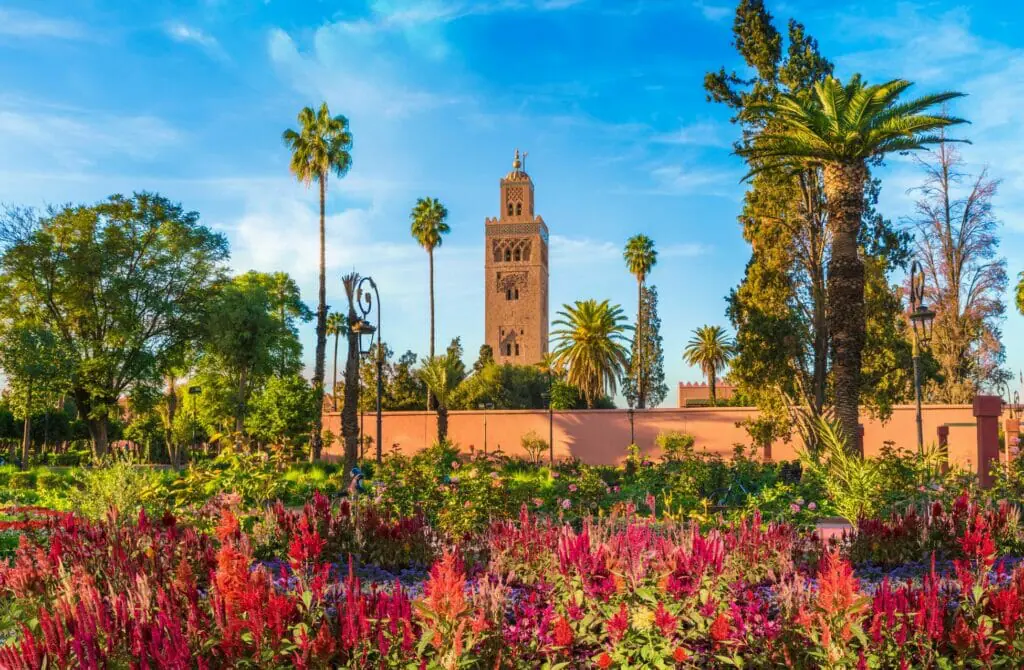
Protect Yourself While Travelling In Gay Morocco
As an LGBT traveler visiting Morocco, it’s important to be aware that the experiences and challenges faced by local LGBT individuals may differ from those of visitors. While same-sex sexual activity is illegal for both locals and tourists, the enforcement of such laws may be less stringent for foreigners. That being said, visitors should still exercise caution.
To best protect yourself during your visit, adhere to the local customs and norms. Public displays of affection (PDAs) are frowned upon for both opposite and same-sex couples in Morocco, so it is wise to avoid drawing attention in this way. Additionally, try to respect the local cultural norms when dressing, behaving, and engaging with others.
Keep in mind that the situation and local attitudes towards LGBT individuals can change rapidly. Therefore, it’s crucial to stay informed about any recent developments or changes in Moroccan law that may impact your travel experience. Research the current situation in the country by seeking out local sources or reputable organizations that are knowledgeable in LGBT issues within Morocco.
As in every country, there will be bad actors and individuals who do not share acceptance towards LGBT persons. Be vigilant at all times, especially when entering unknown or unfamiliar areas. Trust your instincts and reach out to friends and support networks for any assistance you may need during your travels.
Remember that information can become outdated, and the situation may change swiftly. Before embarking on your trip, make sure to consult updated sources and seek advice from trusted organizations regarding LGBT rights and safety in Morocco. In doing so, you’ll be better equipped to enjoy your adventures while prioritizing your well-being.
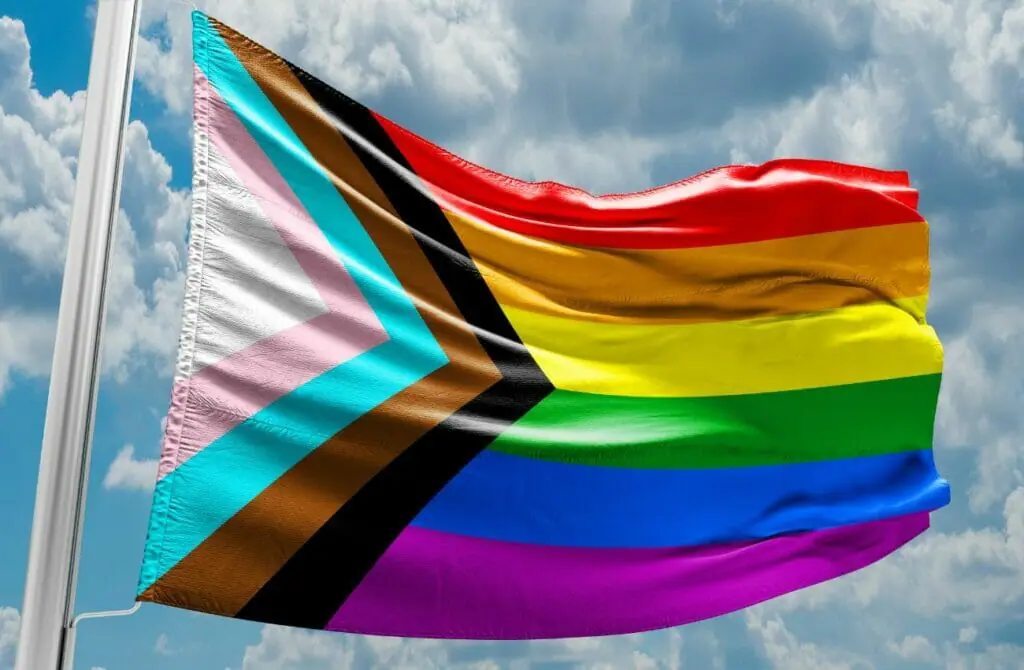

Most Popular Gay Destinations In Morocco
Welcome to the enchanting tapestry of Morocco, a land where tradition entwines with modernity, and the call of the muezzin mingles with bustling souk chatter. From the coastal romance of Essaouira to the historic charm of Meknes, our journey through the most popular travel destinations in Morocco promises a sensory overload.
And while this guide is presented in alphabetical order, honoring each city’s unique allure without hierarchy, a special nod goes to those corners that have become known as the best gay destinations in Morocco.
However, let’s temper our excitement with a dash of reality. Gay Morocco remains a complex terrain. The popularity of certain destinations among the LGBTQ+ community doesn’t necessarily translate to overt gay-friendliness.
It’s crucial to remember that while many queer individuals have found pockets of acceptance and even joy in these locales, public expressions of LGBTQ+ identities may still be met with resistance or even legal repercussions. So, as we embark on this Moroccan odyssey, let us do so with a spirit of adventure but always with an unwavering commitment to safety and respect for local customs.
Darlings, imagine basking under the sun’s warm embrace on Agadir’s magnificent coastline, where the golden sands whisper tales of ancient Moroccan culture and contemporary allure.
Yet, beneath the city’s sun-kissed glow lies a complex tapestry of tradition and modernity, making it imperative for our fabulous LGBTQ+ wanderers to tread with both zest and caution, cherishing the beauty while navigating the challenges.
Darlings, let Casablanca’s allure sweep you off your feet, where modern hustle meets old-world charm and whispers of clandestine rendezvous echo through its vibrant streets.
This iconic city, not just an economic powerhouse but also a beacon for the queer community during tougher times, beckons with its gay-friendly nooks and vivacious nightlife – but remember, discretion is the watchword in this beguiling Moroccan gem.
Dive deep into the vibrant labyrinth of Marrakech, where the allure of ancient traditions weaves seamlessly into the pulsating heart of modern-day mystique.
With every turn through the city’s winding alleyways, you’ll uncover a world where centuries-old customs flirt with a discreet yet effervescent gay scene but always tread with the grace of a fabled Moroccan feline, mindful of the shadows and the tales they whisper.
Dive deep into the rich tapestry of Rabat, where the echoes of ancient history meet a modern, eco-conscious spirit, making it a must-visit haven for every discerning traveler.
While the city pulsates with cultural festivals and boasts an enviable coastline, LGBTQ+ visitors, especially, will find in Rabat an oasis of relative safety amidst Morocco’s complex socio-religious landscape – just remember to tread with grace and discretion.


